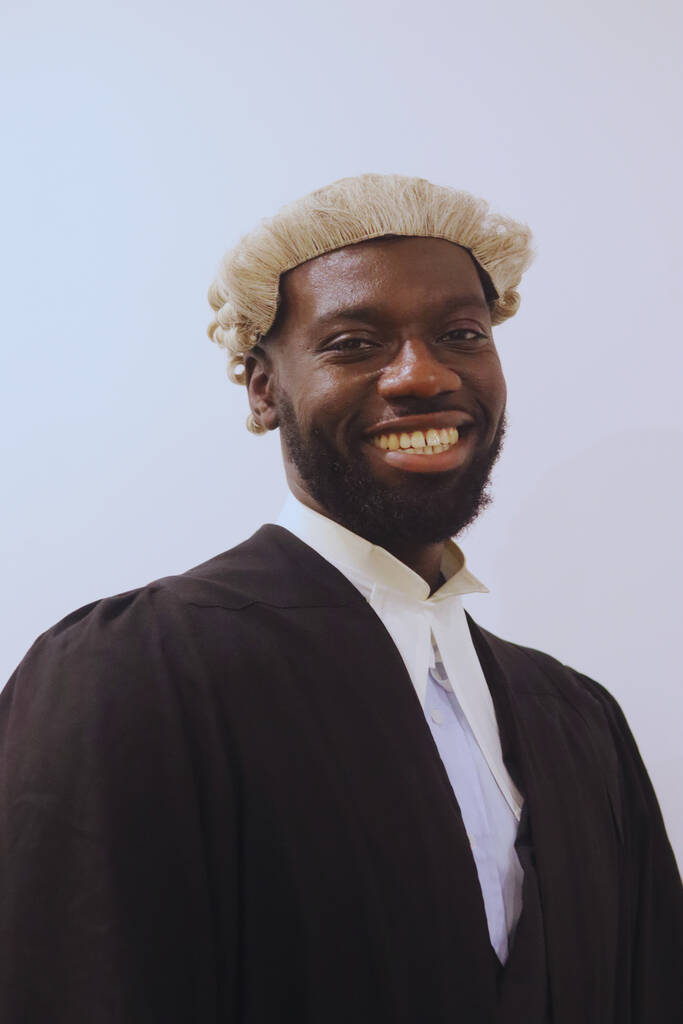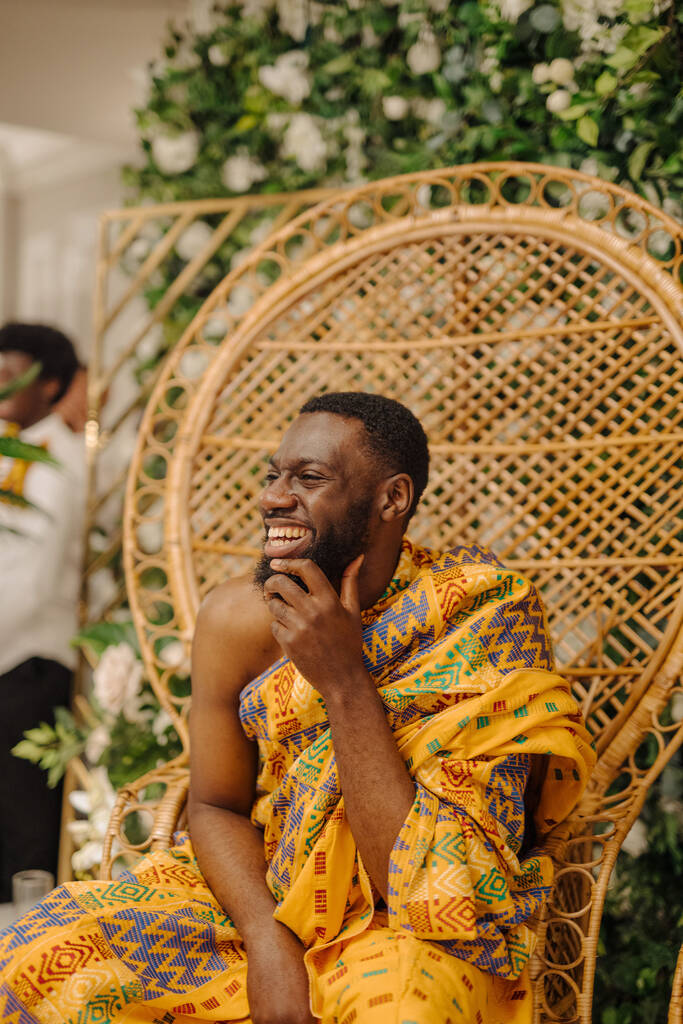Empowering Voices, Building Futures: YLAL Celebrates Black History Month
In conversation with Kwame Sekyere


As part of Black History Month, we are sharing conversations with members of the legal profession about their journeys, challenges, and reflections. These stories highlight the importance of representation and inclusion within the Legal Aid Sector.
This week, committee member Priya Pandya has a conversation Kwame Sekyere.
Kwame is a criminal barrister at Foundry Chambers, where he both prosecutes and defends. He became a tenant in 2023 after completing pupillage the year before and is driven by the belief that everyone deserves to be heard and represented fairly.
Born and raised in Croydon, South London, Kwame’s interest in the law began at school. Growing up around gangs gave him a close look at the justice system and the sense that many people were not properly represented or understood.He studied linguistics at the University of York, focusing on language discrimination and Multicultural London English, before completing a Masters in Human Rights at LSE. While human rights law initially appealed, he was drawn instead to the immediacy of criminal practice.
Supported by scholarships from Gray’s Inn, Kwame completed the GDL and Bar Course. Before becoming a barrister, he worked on projects with the Ministry of Justice, including technology to support people leaving prison.
This early experience gave him valuable insight into the realities of the system and continues to inform his work at the Bar.
During the discussion, Priya asked Kwame the following questions about his experiences and reflections at the Bar.
What was your experience when you first began at the Bar, as a Black barrister?
When I first started out, one of the greatest challenges was securing pupillage. Despite strong grades, scholarships, multiple degrees and relevant experience, I still found myself struggling to break through. The year I was successful, I had a conversation with a barrister in Manchester who told me I was more than qualified and simply needed to “be myself.” That advice was freeing, and it stayed with me throughout pupillage. Pupillage itself became a lesson in finding my space at the Bar. It is a profession full of big characters, which I enjoy, but there is also an underlying culture where many come from similar backgrounds, and I sometimes felt pressure to fit in socially in ways that weren’t authentic to me. Remaining rooted in my community and being involved at church, helped me to stay grounded and true to who I am. The advocacy and casework were what I expected; the real challenge was learning how to navigate the profession without losing myself in the process. It is a balance I continue to work on, and a reminder I carry with me daily.
Has your experience changed? If so, how?
Over time, I have learnt to be more comfortable in my own skin and to see being myself as a strength. In the early stages, I often felt burned out and found parts of the job difficult to enjoy, as everything took longer and required so much investment of time and energy. With experience, the process became more familiar, the initial jitters faded, and the work became far more enjoyable. I am fortunate to have a strong relationship with my clerks, who trust that I will deliver but also give me the freedom to say no when needed, which has made my career much more sustainable. I am passionate about the work I do and see it as a blessing, but I’ve also learnt the importance of balance. Time at the gym, church, with family, and watching football helps me to stay grounded and to maintain the perspective needed to thrive in this profession.
What would you say to an aspiring or junior barrister who’s a member of the Black community to support them in their journey?
To aspiring or junior barristers, I would say: get involved as early as you can. Take every opportunity to gain experience through your Inn, work placements, or simply by going to court and observing. Those moments build confidence and help you picture yourself in this role. Think carefully about the contribution you want to bring to the profession. For me, my background allows me to bring empathy and a sense of comfort to those I represent, particularly defendants who may be facing judgment for circumstances beyond their control. My faith reminds me that everyone is human and deserving of dignity, and that helps me connect with people in moments that matter. Remember that, as advocates, we are in a privileged position. Use that privilege well, stay true to yourself, and know that your individuality is your strength.
Did you face any challenges? If so, what challenges, and how did you overcome them?
One particular incident that stands out is my very first day of pupillage. I walked into court looking for my pupil supervisor when an usher asked me, “Where’s your solicitor?” and assumed I was the defendant. It was an eye-opening moment that reminded me that some people will hold prejudices, and there is little you can do to change that. What I could control was my response. I made a conscious decision not to let it shake my confidence, but instead I focused on why I was there, because I had earned my place. That experience taught me the importance of resilience and of grounding myself in the knowledge of my own ability. The Bar has made progress, but there is still a long way to go. Early engagement is crucial, working with young people from secondary school, sharing knowledge, and showing that this is a realistic and rewarding career. A more representative pool of barristers not only reflects the society we serve but also strengthens the profession itself. The Bar is competitive, but it is also deeply collaborative, and there is space for those who bring their own perspectives and experiences. For aspiring barristers, particularly those from underrepresented backgrounds, I would say: your presence here matters, and the contribution you bring can make a real difference.
Kwame’s story is one of determination and authenticity, showing that staying true to yourself not only helps you find your place at the Bar but also inspires others to see it as a path open to them.
Want to have a conversation with us? Contact us on: ylalinfo@gmail.com; we can’t wait to hear from you!